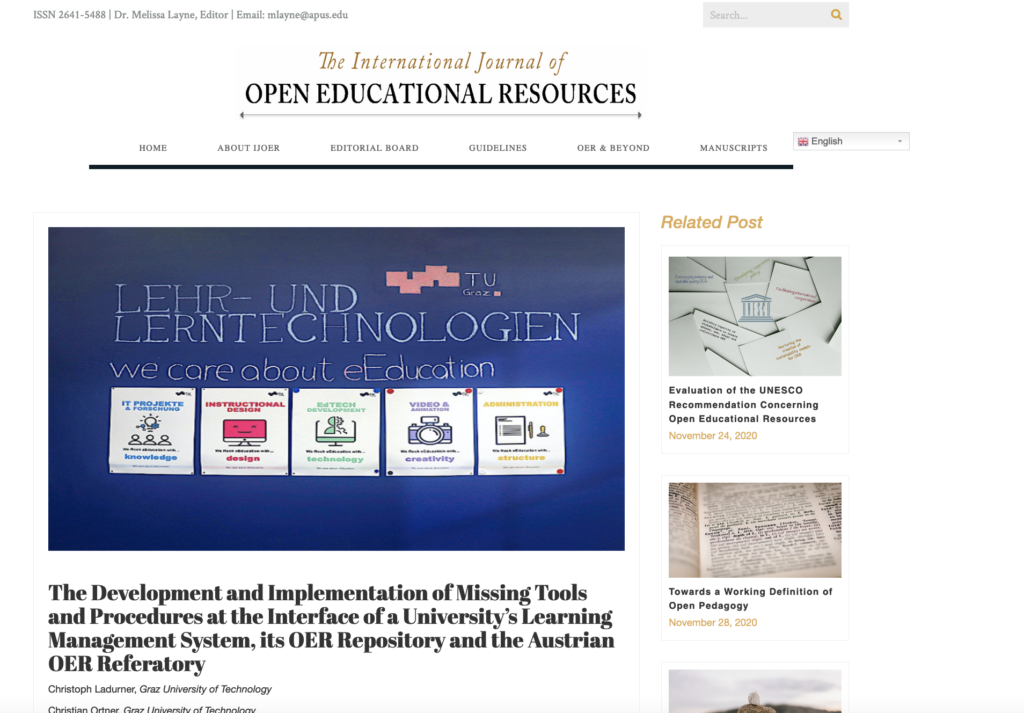Unser Beitrag zu „Learning Analytics in der Schule – Anforderungen an Lehrerinnen und Lehrer“ wurden nun in einem tollen Buch über „Bildung und Digitalisierung“ publiziert.
Zusammenfassung:
Dieser Beitrag ermöglicht eine kurze Einführung in das Themenfeld Learning Analytics mit einem besonderen Blick auf den Schulunterricht. Heute erscheint es noch weit entfernt, bis derartige Anwendungen im deutschsprachigen Raum flächendeckend Fuß fassen können. Durch die voranschreitende Technologie werden jedoch solche Anwendungen und die Auseinandersetzung mit der Frage, inwieweit künstliche Intelligenz Aspekte der eigentlichen Lehre ergänzen und erset-zen kann, zunehmend zum Diskussionsgegenstand. Die vorliegende Publikation zielt darauf ab, Learning Analytics selbst und die damit verbundenen Herausforderungen zu definieren. Anschlie-ßend werden einige allgemeine Beispiele genannt, ehe auf zwei webbasierte Informationssysteme im Detail eingegangen wird-dem Einmaleins-Trainer und dem Programm zum Aufbau von Schreibkompetenz IDeRblog. Auf Basis der dort gewonnen Erkenntnisse und Erfahrungen werden drei wesentliche Anforderungen für Lehrerinnen und Lehrer abgleitet: statistische und digitale Kom-petenz sowie grundsätzliches Wissen im Bereich Datenschutz. Der Beitrag schließt mit der Frage, inwieweit diese zukünftig in die Lehrerbildung integriert werden können und müssen.
[Link Vorabzug @ ResearchGate]
Referenz: Ebner, M., Leitner, P., Ebner, M. (2020) Learning Analytics in der Schule – Anforderungen an Lehrerinnen und Lehrer. In: Bildung und Digitalisierung- Auf der Suche nach Kompetenzen und Performanzen. Trültzsch-Wijnen, C., Brandhofer, G. (Hrsg.). S. 255-272. Nomos. ISBN 978-3-8487-6538-6


